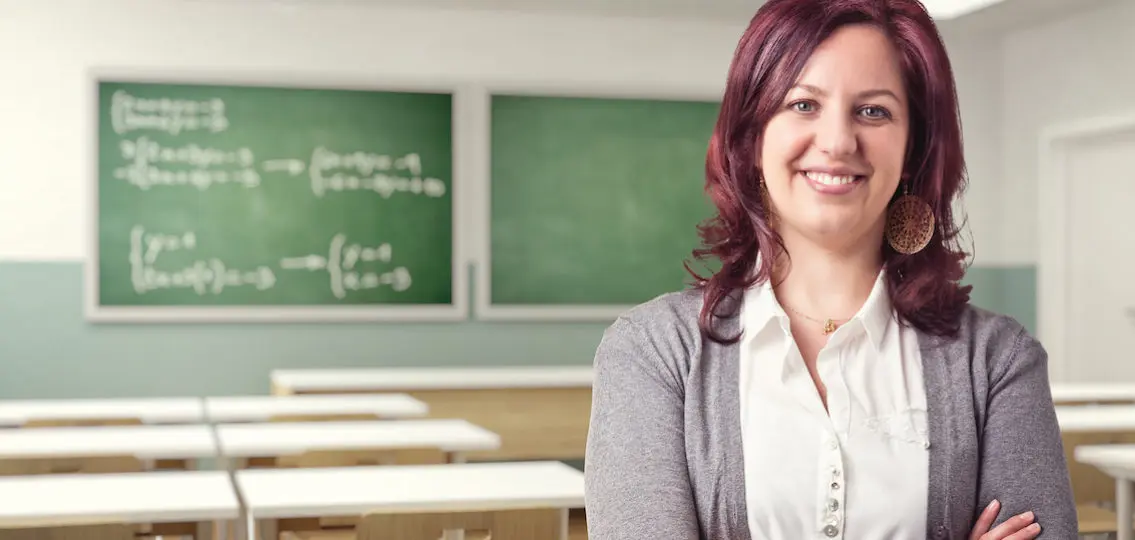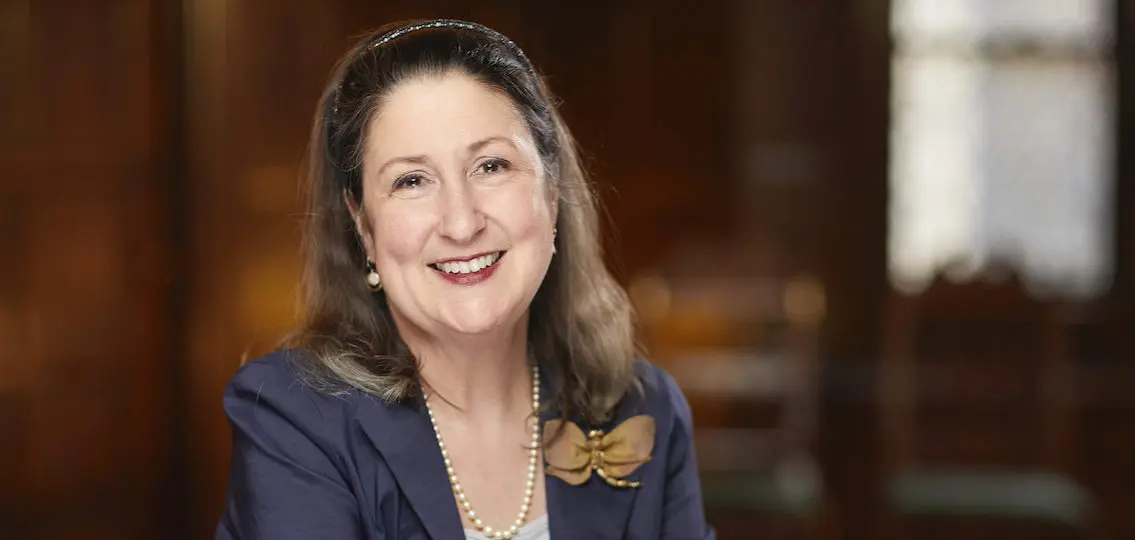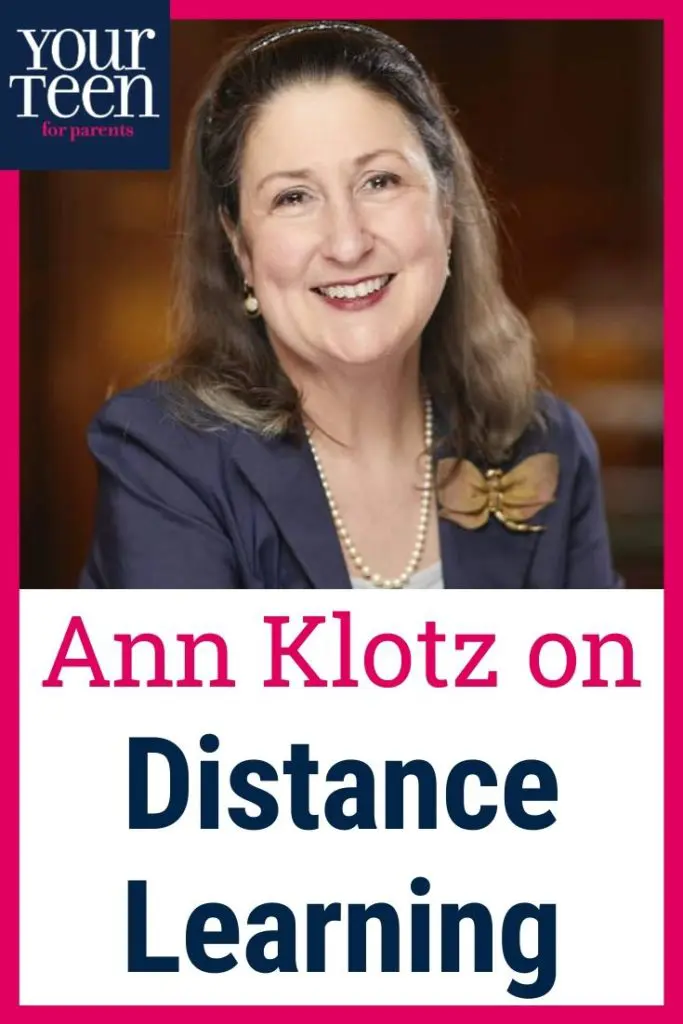As schools suspend or cancel classes, many students are now home trying online learning for the first time. How are schools adapting to distance learning? How involved should parents be? Your Teen spoke with Ann Klotz, headmistress of Laurel School, an all-girls K-12 school in Shaker Heights, Ohio, for advice.
| [adrotate banner=”169″] |
Q: How has your school adapted to online learning?
Klotz: I am running our school via distance learning. We’re part of One Schoolhouse which is an online learning platform. Kids are never in real time. As educators, the coronavirus has required us to pivot and to deliver our curriculum via platforms like Google Hangout or Zoom. We’re calling our framework Laurel School at Home, a distance learning framework. And that means that kids are still in relationship with teachers and they’re still learning skills and content.
Q: What are you expecting of your students during this time?
Klotz: We’ve all got a steep learning curve. And what’s so great about kids is that they rise to the expectations we have of them. In this particular scenario, it’s pretty terrific for kids to see teachers embracing creative risks. And let’s talk about who the real tech experts are in most of our schools, homes, lives—it’s people a lot younger than I. All of us are going to have to adapt and change our expectations. But we’re also going to see kids get to be the experts in certain situations. It will be very good for our girls and their sense of agency and purpose. And it will be very good for some teachers to be schooled in the most loving ways by their students. I’m expecting that it’s going to be a great adventure.
Q: Now that school is happening at home, what should parents do? How do we know when our kids are working or goofing off?
Klotz: I’m a big believer that students are the ones who have to put their own feet on the pedals or their foot on the gas. One of the real challenges for all of us parents is we’re all going to feel tempted to say, Wait, are you supposed to be in history class right now? Have you done your homework? For me personally, I’m going to have to take a really deep breath and allow my ninth-grade son to take care of his academic obligations as he does beautifully when he is actually going to school. And I’m going to have to remind myself that he is really going to school, and that it’s his teachers who will let him know if he’s fallen down on the job. Not a nagging parental unit like his mother. I think that’s important for kids to have a sense that we trust them.
That said, I hope my son does not make his bedroom his home office, because I have been schooled by Laurel’s Center for Research on Girls and I know that bedrooms are for sleeping. If I were queen, people would be downstairs studying at the dining room table. Not going to school in pajamas. We’ve all got to adjust our mindset that we are working from home. That’s why, at Laurel, we’re calling it school at home.
Q: It’s so hard not to get involved in their work when they are right in front of you.
Klotz: It’s so much harder to show that restraint. You’re going to be nearby, but you’re not going to be over his or her shoulder. Because here’s the thing: If you do all the heavy lifting, they don’t do it. This is a really great exercise for all of us as parents.
Q: What do you do if your child seems to be taking a powder and not doing anything?
Klotz: Exactly what you would ordinarily do. You’re gonna pick up the phone and call their teacher or advisor and say, “Hey, my kid seems to be on an extended spring break. Got any ideas?” And again, that’s what schools do best. We know how to motivate kids and we know how to stay connected to them. Parents don’t have to step in and be the bad guy. If for some reason we are seeing our kids gaming the whole day or doing something that we recognize is not at all connected to school, we can look outside for advice before we go and nag that child. Second, these are unprecedented times and that calls for all of us to be flexible on what we’re dealing with. It’s possible that family or teachers may get sick. It’s good to keep in mind that when somebody is really maybe even gravely sick, school may not be the most essential thing at that very moment.
I would also say that “no” is a word that parents can employ. No and no. If your child is gaming, you might take away that particular device.

Q: How do we deal with the uncertainty of how long this goes on?
Klotz: Living with this uncertainty is emotionally fatiguing for us as adults and also for our kiddos of all ages. And make no mistake, they are always listening. Whether you’re parenting a fifth grader or a college kid who’s just arrived home on your doorstep, his or her life has been totally upended. As much as we can practice empathy and compassion for ourselves, we should also for our children and our teachers. It’s amazing what they have done (with a very short lead time) to be able to do what teachers do best, which is facilitate learning for kids. But we’re going to have to be patient and keep a sense of humor because we’d all be lost without them.





